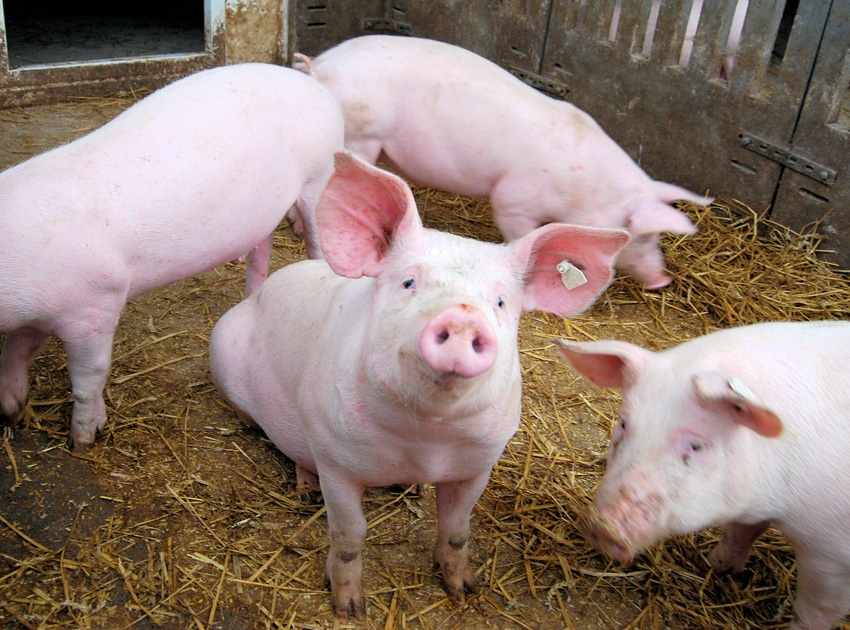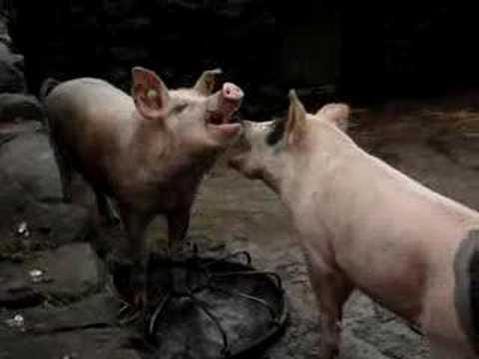Social network analysis could aid pig welfare
Better understanding of social and genetic factors linked to harmful aggressive behavior in pigs could lead to improved management.
November 6, 2019

A novel method of studying the behavior of farmed pigs is aimed at minimizing aggression that can occur whenever pigs are introduced in shared pens, according to the Roslin Institute in the U.K.
Researchers are using social network analysis to gain new insights into how interactions that occur when pigs are mixed with one another affect harmful behavior, the institute said, noting that research into the complex social networks of pigs housed together will be used to develop new methods to minimize aggressive interactions.
According to the announcement, Roslin scientists aim to characterize social interaction structures in pig pens that lead to minimal injuries from fighting.
"By applying mathematical analyses of social networks to detailed data of individuals’ behavior, we hope to gain insights that will inform farming practices to minimize aggression in pig pens," Roslin professor Andrea Doeschl-Wilson said.
By identifying the roles of individuals in relation to one another and how they affect each other, the researchers said they hope to find a new set of characteristic traits to target for minimizing hostile interactions.
The results could improve health and welfare for pigs and lead to better productivity for farmers, Roslin said.

Key indicators
According to the announcement, the study builds on previous research that determined that social interactions occurring within the first 24 hours of pigs being housed together can indicate how relationships among pigs are likely to develop over the subsequent few weeks.
The insights, published in the journal PLoS One, showed that the pigs that fought upon first meeting but quickly settled into a large clique were less aggressive in the long term, the institute said. Conversely, the pigs that did not interact on first meeting but later settled into groups of smaller clusters showed more aggression in the long term.
The study, conducted on a private commercial farm in Sweden, looked at 1,170 pigs housed in single-sex groups (intact males, castrated males and females) and single-breed groups (705 purebred Yorkshire and 465 crossbred Yorkshire x Landrace), the researchers wrote in PLoS One. The groups were comprised of 15 pigs -- three from five separate litters -- and the pigs were moved into new social groups at eight weeks old, the researchers explained. Each group was video recorded for 24 hours post-mixing.
The research, carried out in collaboration with Scotland’s Rural College and Teagasc, has received support from the Teagasc Walsh Fellowship Scheme.
You May Also Like



